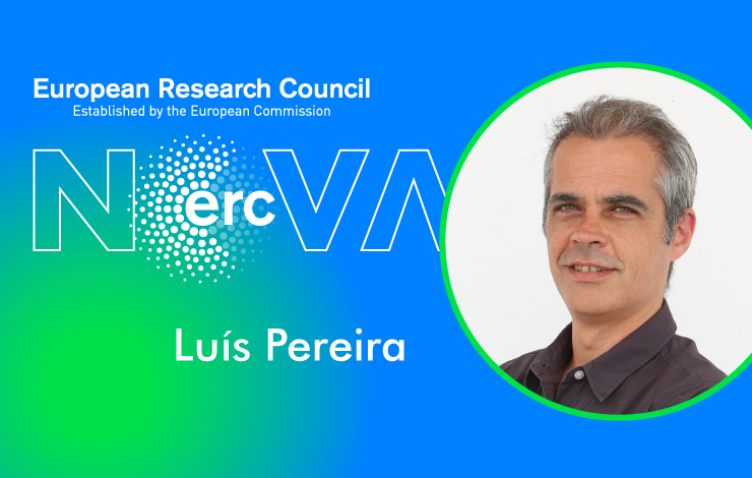
Luís Pereira, professor at the Materials Science Department and researcher at CENIMAT and CEMOP, has just been awarded an ERC (European Research Council) grant, the most reputable institution awarding funds for scientific and technological research in Europe, for the EXCELL project, worth 150 thousand Euros.
The project aims to create battery cell separators based on a cellulose nanocomposite, in an approach that favours the use of materials of natural origin and, therefore, a fundamental step towards increasing sustainability in the value chain of batteries, increasingly used in today's reality.
"With more and more electric vehicles in circulation, there is also an increase in the number of batteries reaching the end of their useful life, and it is expected that by 2030 it will exceed the equivalent of two million tonnes worldwide," explains Luís Pereira, who is leading this project. "It is therefore essential to find alternatives in the value chain of batteries with greater durability and recyclability," he concludes. But there is more: if on the one hand the complexity of battery production results in very high waste rates (around 10% to 30%), especially during the scaling up of production, on the other hand, the current context of raw material scarcity in Europe is leading to tighter monitoring of distribution chains.
It is as a response to this specific context that the most sustainable alternative of the EXCELL project is born: it consists of a new concept of separators for battery cells based on a cellulose nanocomposite with adjustable mesoporosity. Separators that will be suitable for the incorporation of sensors that will allow monitoring the state of the battery, leading to a new generation of smart battery cells.
This is a Proof of Concept grant, which means that it is awarded to a researcher already distinguished by an ERC grant. In this specific case, the EXCELL grant follows the ERC-Starting Grant NEWFUN awarded in 2015 to Luís Pereira, where it was demonstrated that cellulose-based ionic conductive materials can be recycled and reused, maintaining electrochemical performance.
The proof of concept grant also means that funding should be used to move from theory to practice: to understand the feasibility of scientific concepts under development as well as to explore business opportunities or prepare patent applications. In this particular case it is crucial to gauge stakeholder interest in new opportunities for battery cell components based on abundant recyclable/biodegradable natural resources.
The School sees once again the excellence of its research recognised and reinforces its leadership position in the number of grants awarded to its researchers, accumulating 14 grants.
Text and image: FCT NOVA